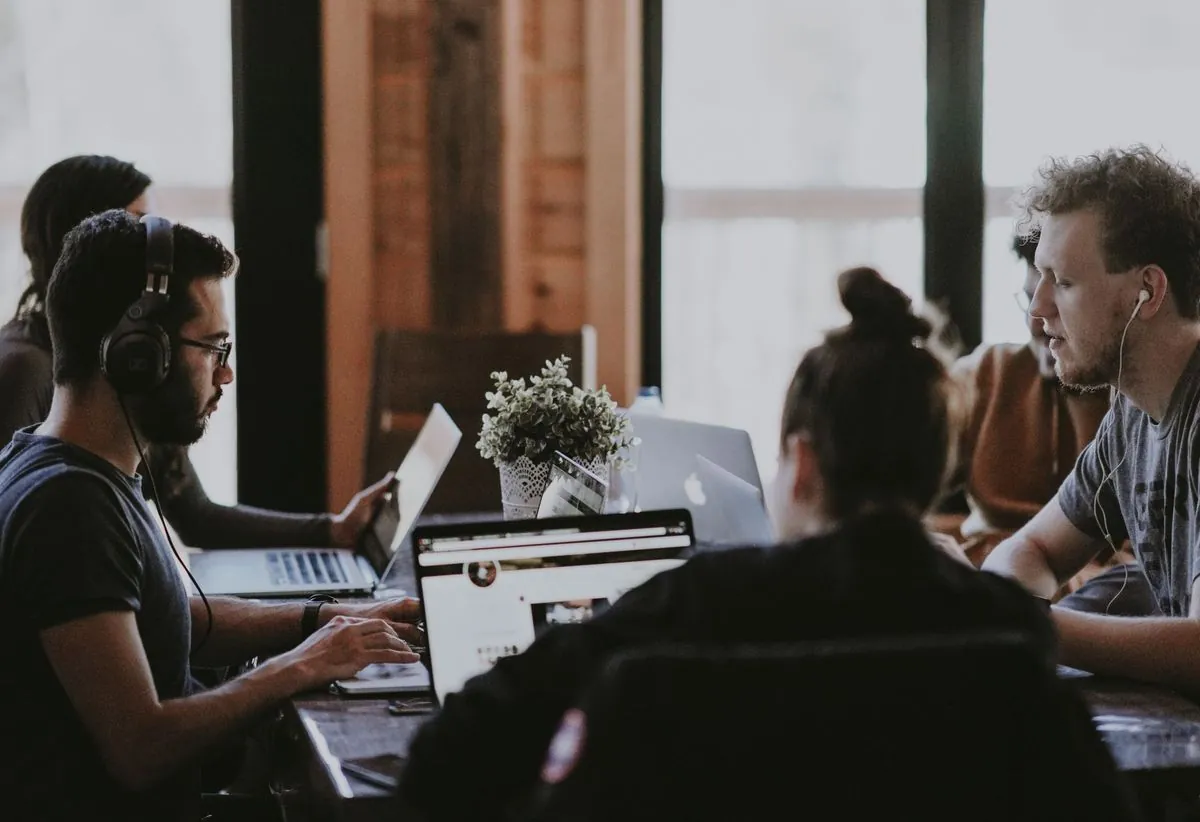The Hidden Heroes of Social Media: Content Moderators' Mental Health Struggle
Content moderators filter disturbing online content to protect users, risking their own mental health. "Shifts" series explores this challenging modern profession and its impact on the digital landscape.

In the digital age, social media platforms have become an integral part of our daily lives. However, the content we encounter is carefully curated by an unseen workforce. "Shifts," an illustrated series exploring the future of work, sheds light on the challenging role of content moderators.
Alberto Cuadra's experience as a content moderator at a video-streaming platform exemplifies the mental toll this job can take. For nearly a year, he was exposed to a barrage of disturbing content, including violent crimes, animal cruelty, and various forms of abuse. His role was to filter out this content, ensuring users wouldn't encounter it during their online activities.
Content moderation has become a crucial aspect of maintaining online safety and civility. As of 2024, an estimated 100,000 individuals worldwide work as content moderators, reviewing hundreds of posts daily. These digital gatekeepers form a human shield between users and potentially harmful content, often at great personal cost.

The mental health implications for content moderators are significant. Studies indicate that these professionals face higher risks of developing PTSD, depression, and anxiety due to constant exposure to disturbing material. The average tenure in this role is approximately one year, reflecting the intense stress associated with the job.
Major tech companies have faced legal challenges regarding the mental health impact on their content moderators. In response, some platforms have implemented wellness programs and counseling services. However, the ethical implications of outsourcing such traumatic work to low-wage workers in countries like the Philippines and India remain a subject of debate.
The field of content moderation is constantly evolving. With the rise of AI-generated content and deepfakes, moderators face new challenges in distinguishing between authentic and manipulated media. Additionally, the COVID-19 pandemic led to increased demand for content moderation due to a surge in online activity.
"Shifts" invites readers to share their own work experiences, recognizing that many modern professions were non-existent a generation ago. This series aims to explore how our work landscape is changing and what it means for our collective future.
For those affected by the topics discussed, support is available. The Suicide and Crisis Lifeline can be reached at 988, and crisis counselors are accessible via the Crisis Text Line at 741741.
As we navigate the digital era, it's crucial to acknowledge the hidden heroes who protect our online experiences, often at great personal cost. Their work underscores the complex interplay between technology, human intervention, and mental health in shaping our digital future.


































